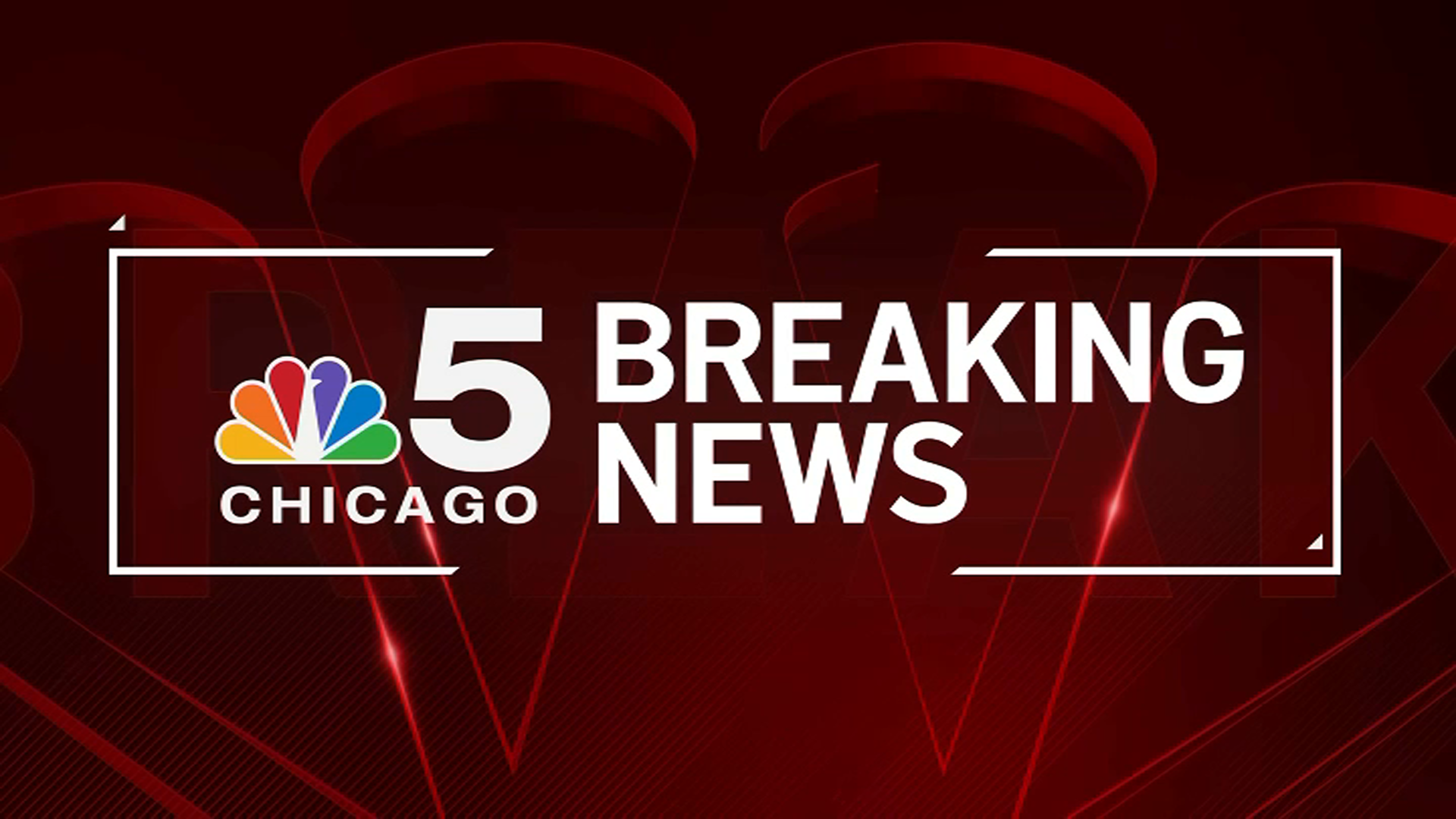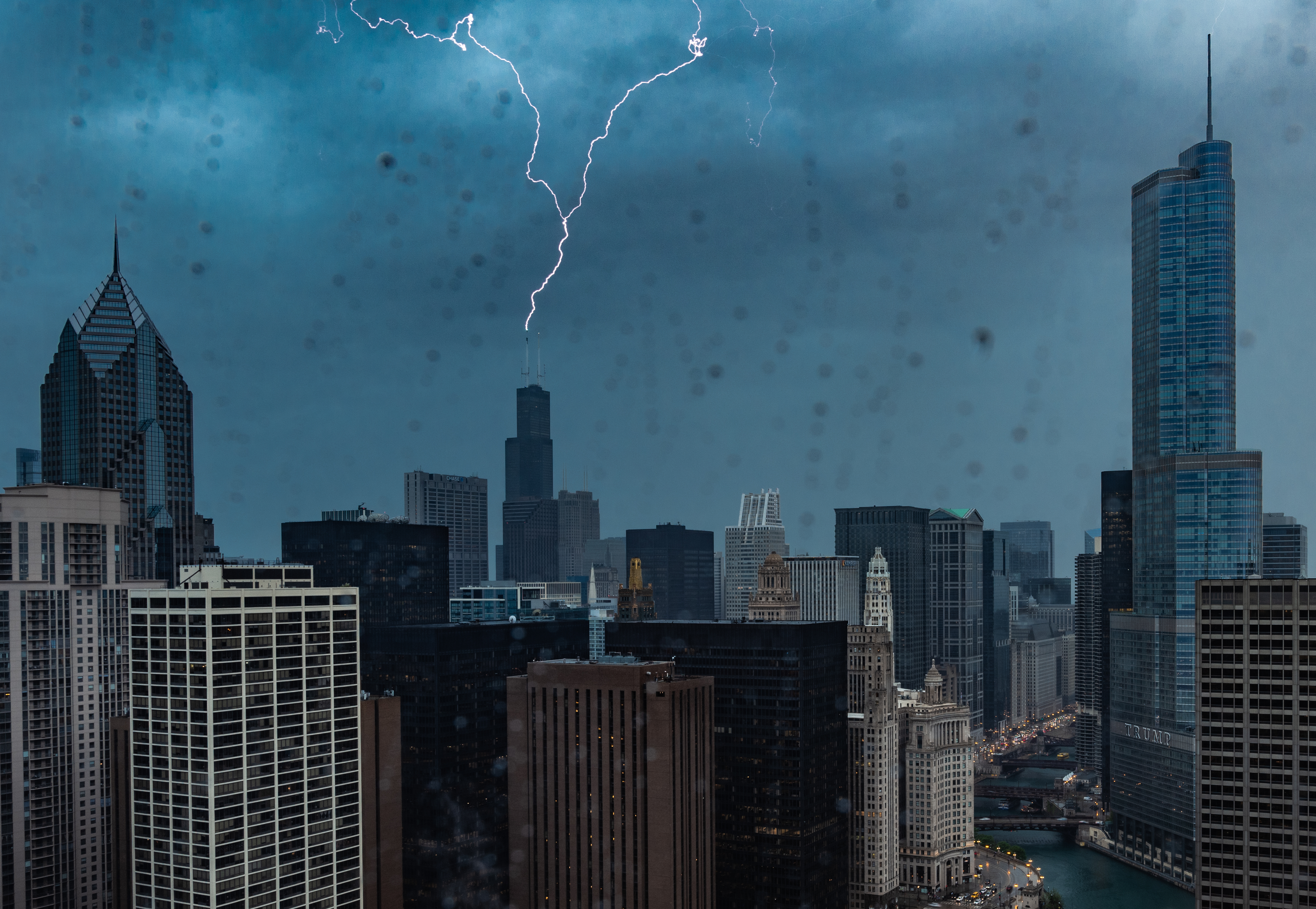As Chicago starts to see some declines in key coronavirus metrics, the city’s top doctor isn’t ready to say that the omicron peak has passed, but said that the city’s response to the surge is giving her hope that things could be heading in a better direction.
During a press availability on Tuesday, Arwady said that while she isn’t comfortable saying that the surge in COVID cases is flattening or moving past a peak, she is comfortable in saying that there has been good news in recent days.
“I know that the data is maybe giving you a sense of some potential relief. I am feeling that, but I can’t say for sure that we are flattening or past a peak,” she said. “But what I can say is there is real good news in terms of some of (our) response.”
Arwady singled-out the distribution of new masks to all 50 of Chicago’s aldermanic offices, and also said she is proud of the department for continuing to step up testing efforts amid the omicron surge.
Feeling out of the loop? We'll catch you up on the Chicago news you need to know. Sign up for the weekly Chicago Catch-Up newsletter here.
She cited other factors as well, including the distribution of new antiviral medications from the federal government that are designed to help at-risk patients avoid hospitalizations.
Along with those mitigation efforts, COVID metrics in the city have shown some improvement in recent days. According to the city’s COVID statistic dashboard, Chicago is averaging 4,801 new COVID cases per day, which is down 11% from the prior week.
The city’s positivity rate on COVID tests is also down, falling from 21% to 17.9% in recent days.
Local
The city is still seeing 177.4 new cases per 100,000 residents per day, which is a metric that Arwady and other health officials in Chicago have often pointed to as a key measure of whether certain restrictions can be rolled back.
Any area that is seeing more than 100 new cases of COVID per 100,000 residents is said to have “substantial transmission” risk, according to CDC guidelines.
Earlier this month, Arwady had said that she was “85-to-90% confident” that the city would see omicron cases peak late in the month, but said that officials were watching cases carefully in the United Kingdom and New York, which saw earlier surges in omicron cases than Chicago did.



